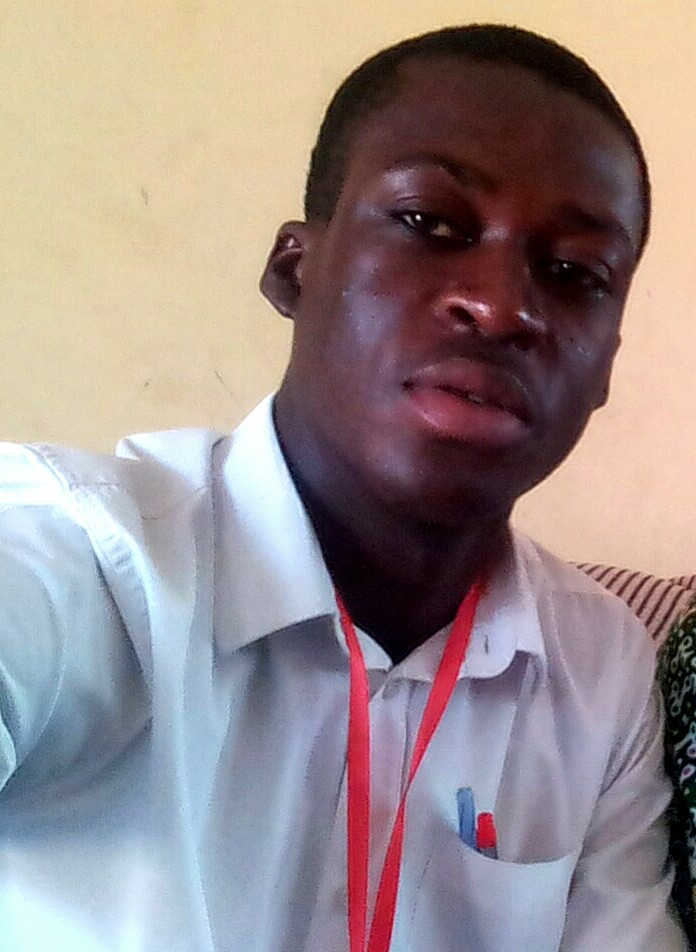I have over the years tried to understand what that makes a community develop. It gives me the chance to encounter a lot of indicators and variables which narrowly subtends to suffice my pursuit. But, there has been an enigma behind my conscience as I tried further to juxtapose the growing imbalances, disparities and variances between and among communities. After series of observations and interviews, though informal and unstructured, I stumble on ‘social justice’ which to a larger extent affects community development.
Social justice has since been the animating ideal of democratic governments throughout the twentieth century and even today. Even those who oppose it recognize its potency. However, the meaning of social justice remains obscure, and existing theories put forward by political philosophers to explain it have failed to capture the way people in general think about issues of social justice.
Despite this notion, social justice is seen as a concept of fair and just relations between an individual and societies, as measured by the distribution of wealth, opportunities for personal activity, and social privileges. Social justice assigns rights and duties in the institutions of society, which enables people to receive the basic benefits as well as burdens of cooperation.
While all individuals or citizens of a country are entitled to equal rights, freedoms and privileges, others do not get access to these rights and privileges due to discrimination. As a result, some people or group of people are treated unfairly – discriminated against – strictly base upon a certain characteristic of the person or group of people. The inherent characteristics that constitute this pervasive discrimination include but not limited to race (racism), age (ageism), gender (sexism), religion and sexuality (heterosexism).
Having social justice and responsibility leads to satisfaction and pleasure of life, as well as respect and loyalty to authority (leaders).
READ ALSO: humanity politics partisanship – Ibrahim Aminu
Social justice issues happen on a global scale, thus affecting people all over the world. These issues may take place in a metropolis and can even occur in a much smaller scale, like your workplace, home or neighbourhood. Sadly, people who are treated unfairly eventually rebel and make the abuser pay dearly. This may take the form of demonstration, revolution or assassination.
The idea behind increasing social justice is an essential element of community development practice. It involves identifying and seeking to alleviate structural disadvantages and advocating strategies for overcoming exclusion, discrimination and inequality.
Meanwhile, social justice and community development are closely interwoven. Community development is deeply rooted in the belief that all people should have equal access to health, well-being, wealth, justice and opportunity. It is fundamentally based on the values of human rights, social justice, equality and respect for diversity.
Intuitively, the core values of community development constitutes the principles of social justice. These values comprise equity, access, rights and participation.
In an effort to bridging the vast gap existing between communities, and ameliorating the status quo as present in the structural and administrative configuration of our country, I have decided to draw on equity as it appears to exert greater influence on the entire contest.
There is a growing recognition of the importance of equity to community development, and many development practitioners recognise equity as a central goal for their programming. While the term is intuitively used, there is rising inequality and equities over the years, which are partly in turn responsible for the world “lagging behind” on headline goals like the Sustainable Development Goals (SDGs).
Thinking about equity can help us decide how to distribute goods and services across communities, holding the state accountable for its influence over how goods and services are distributed in a community, and using this influence to ensure fair treatment for all citizens. Implementing the ideas of equitable distribution of facilities or amenities involves making hard choices and embedding discussions on distributive justice into political (national and local) and policy debates.
It is certainly all not going to work without giving equal life chances, equal concern for people’s needs, meritocracy, respect for the rights, differences and dignity of others, accountability for personal behavior, honesty and integrity in dealing with all members of the community including liberty of conscience. I have seen liberty of conscience to have noticeable effects on social relationships on the grounds of religion, philosophy and morality.
All along, individuality has always given way to the struggle for social justice; and without social justice, the world, our communities will never see growth.
While I would have loved to expound more on the subject matter, I give respect to time and the discretion of you ‘this lovely reader’.
God bless Our Homeland Ghana and make Her great and strong!
Ibrahim Aminu
0540677049
TO GET YOUR EXCLUSIVE INFO PUBLISHED ONLINE?
Call or WhatsApp our Editor on +233208291107 for Your Massive promo. You can equally email your stories or articles to info@xpressghonline.com or fuzzygh2016@gmail.com and we’ll surely put them online at www.xpressghonline.com

